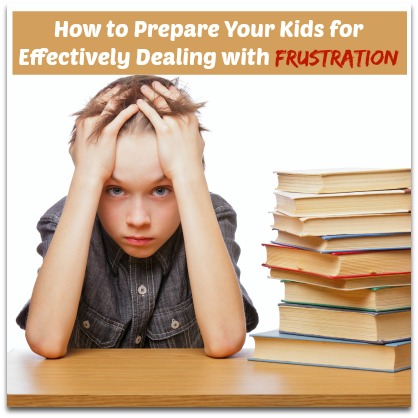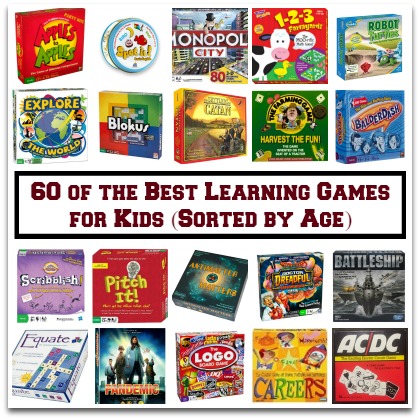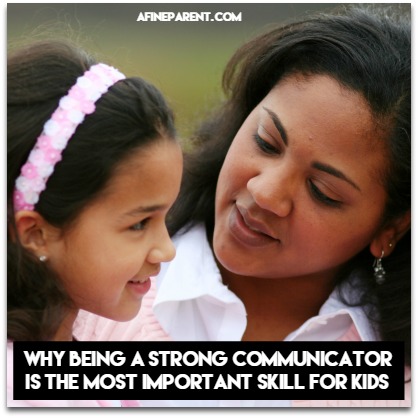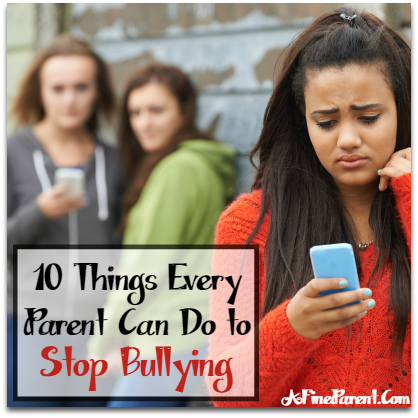 Amelia is having a problem.
Amelia is having a problem.
I can tell from across the room, where I’m addressing another student’s question about their circuit project. Her face is getting redder and redder, her eyes are starting to get puffy, and she’s breathing very fast.
Amelia is eight, and every problem is the biggest problem of her life—even one as simple as a broken bit of copper wire.
I know what will happen next—if she doesn’t get to replace her wire right now, she’ll start to scream and sob uncontrollably. She might get out of her seat and throw her project materials on the floor.
In short, she’ll lose it and create an intolerable class disruption, all because her emotional response to momentary frustration is crashing out of control.
I’m worried for her, because unlike a broken wire, this emotional cascade can wreck her experience of school and jeopardize her future. Her panicky reaction to perfectly valid feelings of frustration can lead to behavior issues with real academic consequences.
Except today, Amelia takes a deep breath.
She slows down her breathing, and though I still see the edge of tears in her eyes, her face starts to return to its normal color. She puts up her hand and waits for me to call on her.
“I’m frustrated,” she declares. “My wire broke, and I can’t finish the circuit.”
“What can you do to fix it?” I ask her.
She thinks. I give her some time, letting the silence spool out for a minute or so. I see her frustration begin to shift into curiosity. She’s fidgeting with a bit of the aluminum foil we’ve been using to make very simple switches.
“If I wrap the pieces of wire together with some aluminum foil, will it make them work?”
“That’s a cool idea, Amelia. I like the way you’re thinking. Please try it and let the class know how it works, because I bet someone else will have the same problem and you could help them.”
Amelia is excited to have something to contribute. She has in fact found a workable solution—not the most elegant, but one of her own design.
Two weeks ago, this exchange would have been inconceivable.
 Are you struggling to pick the perfect gift for a child this year?
Are you struggling to pick the perfect gift for a child this year?
 “Let’s build a fort!”
“Let’s build a fort!” Do you remember that first minute when you were looking at your newborn, bleary eyed, and vow that nobody will dare mess with your child, because then they’d have to mess with you?
Do you remember that first minute when you were looking at your newborn, bleary eyed, and vow that nobody will dare mess with your child, because then they’d have to mess with you? Han Solo may have gotten the princess and light-sabered his way to heroism, but his parenting skills didn’t win any awards.
Han Solo may have gotten the princess and light-sabered his way to heroism, but his parenting skills didn’t win any awards.